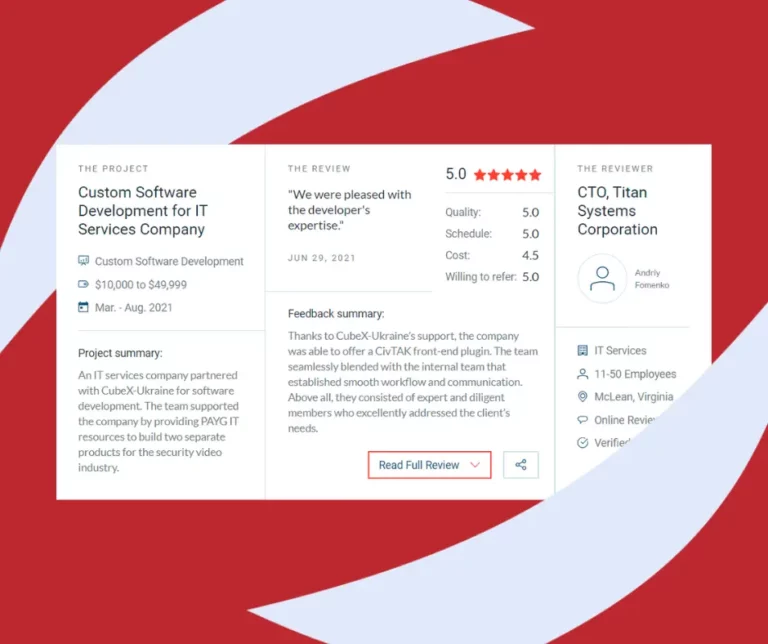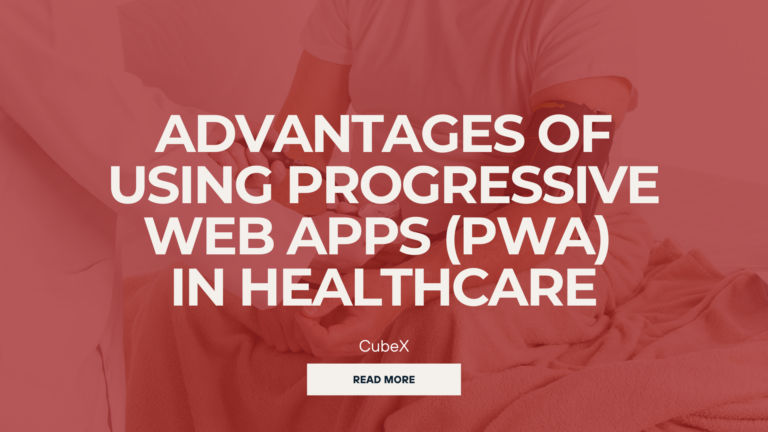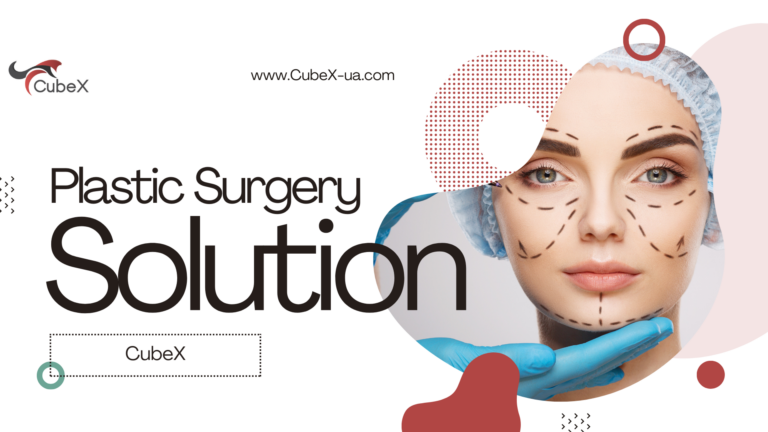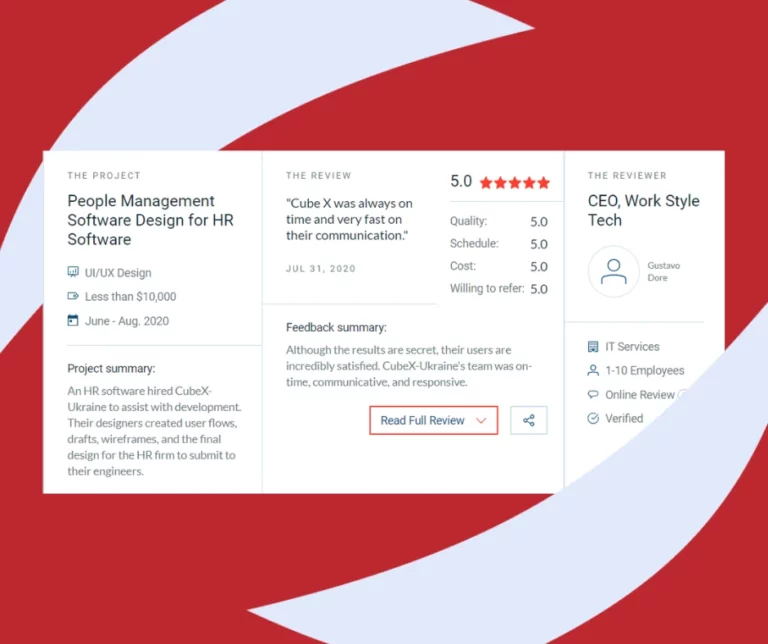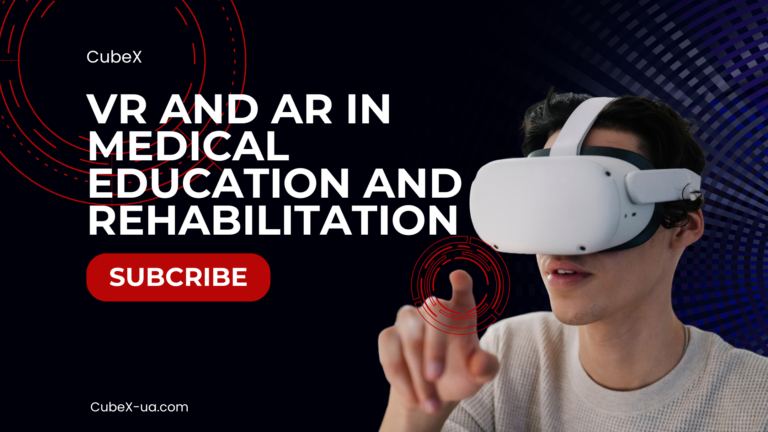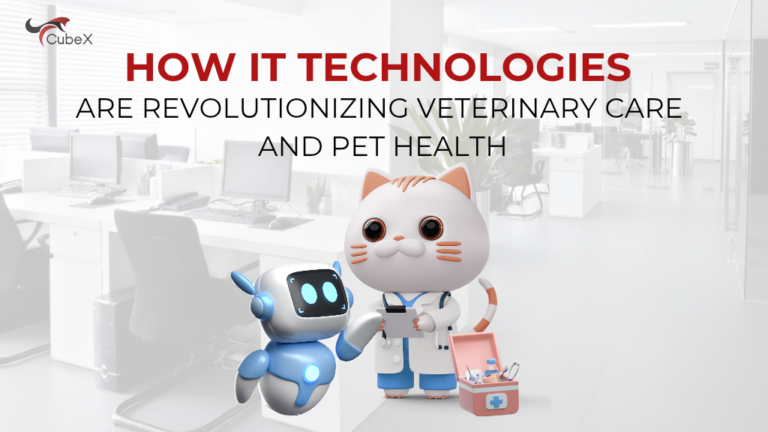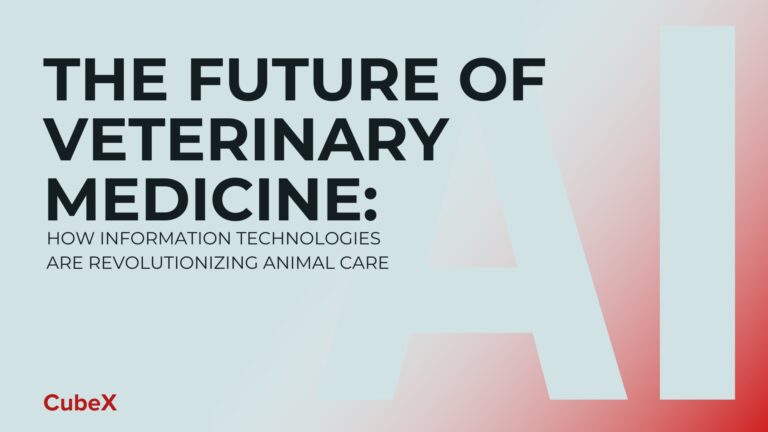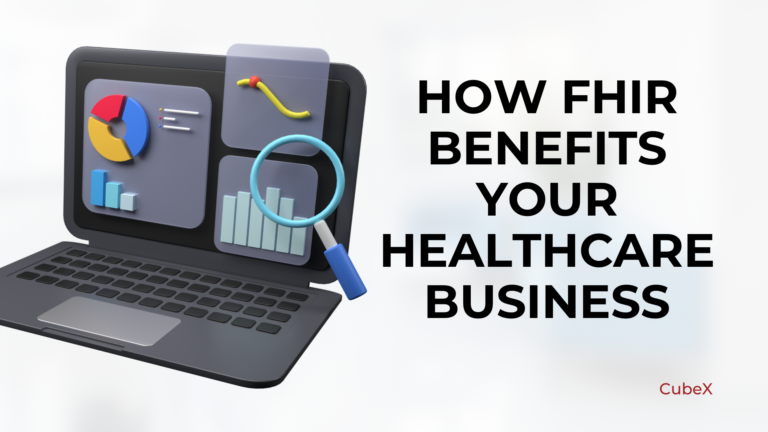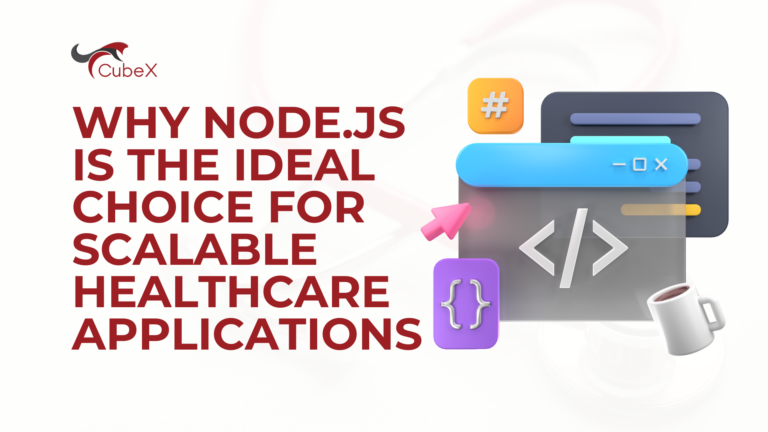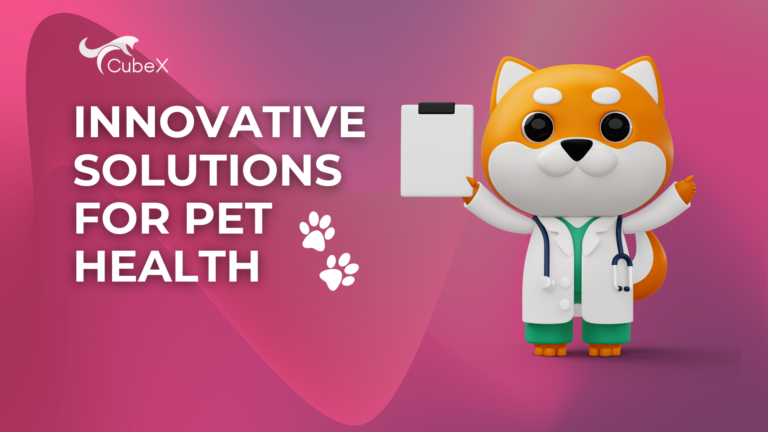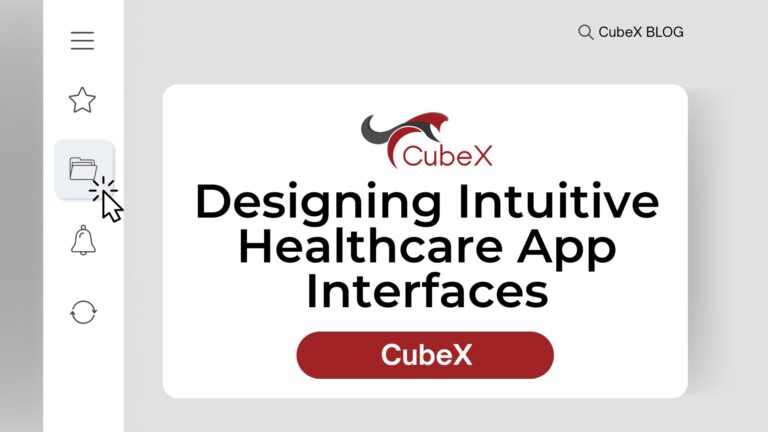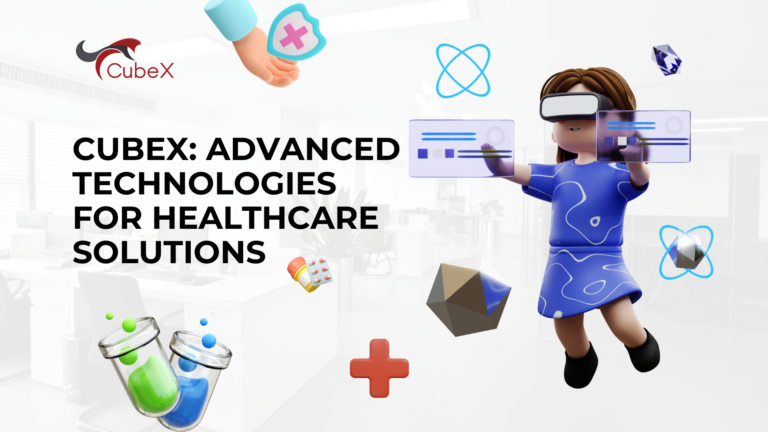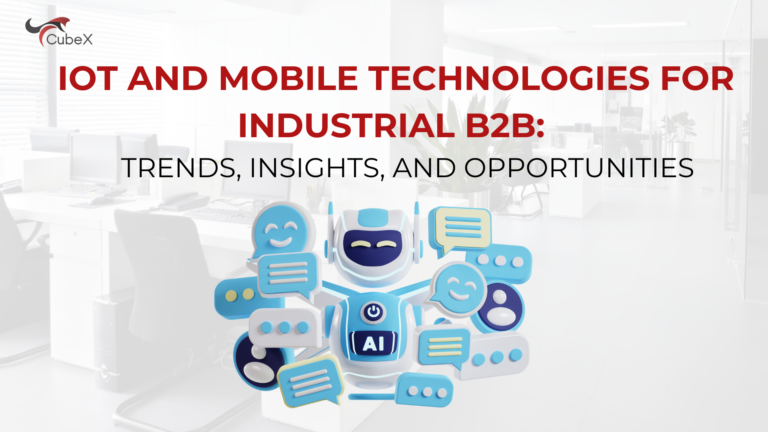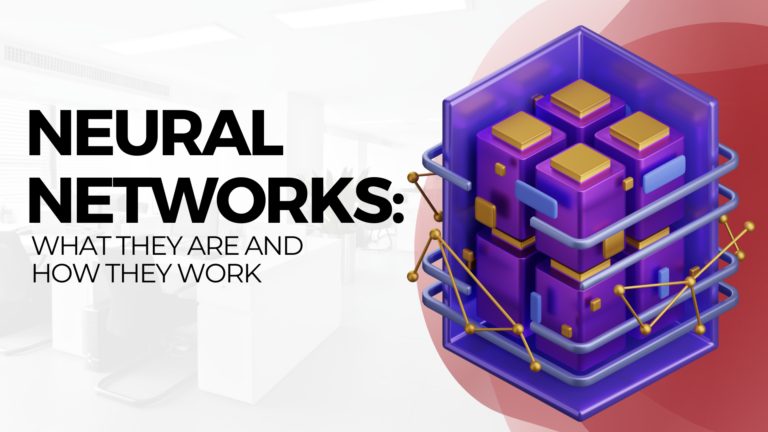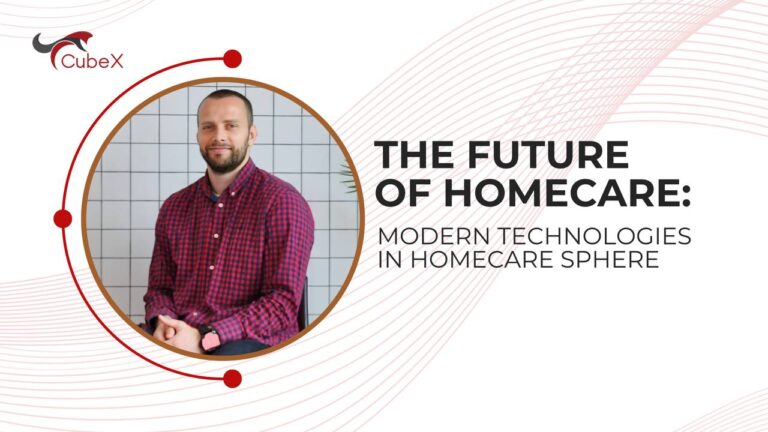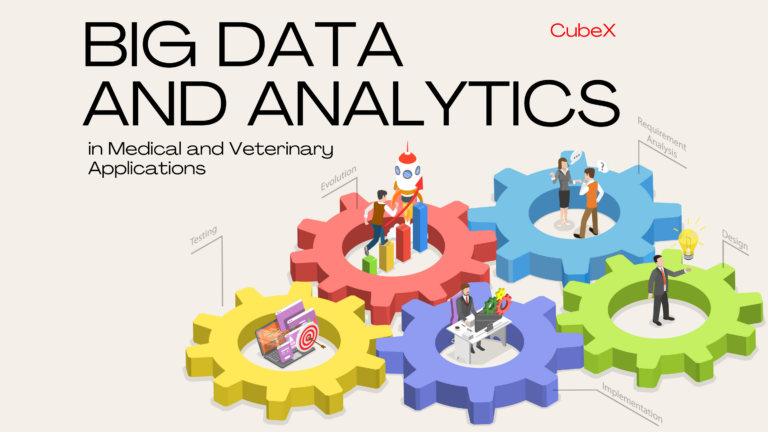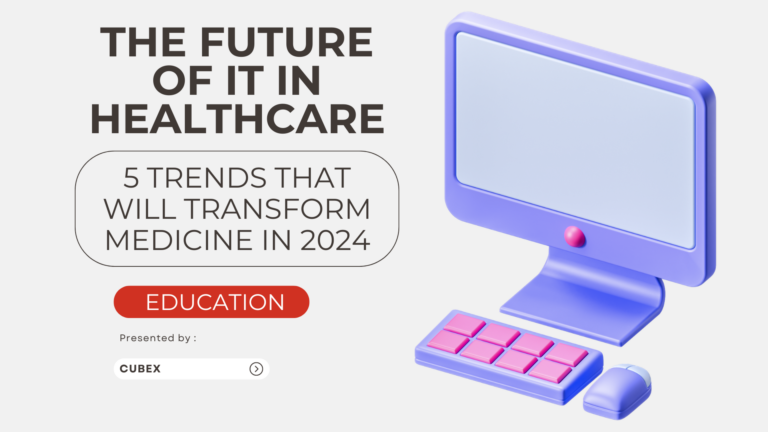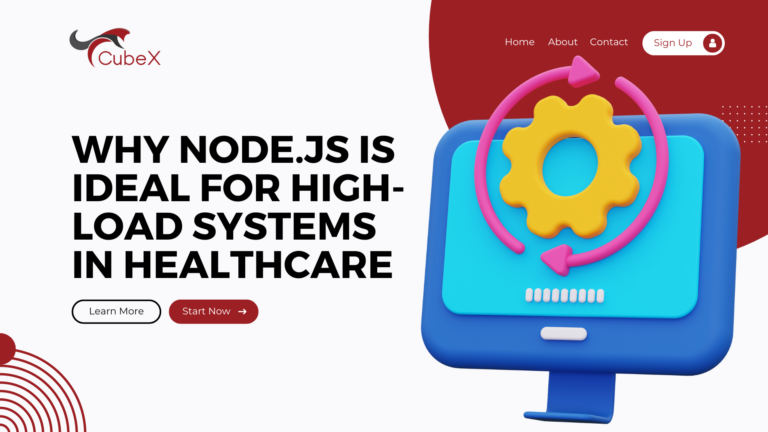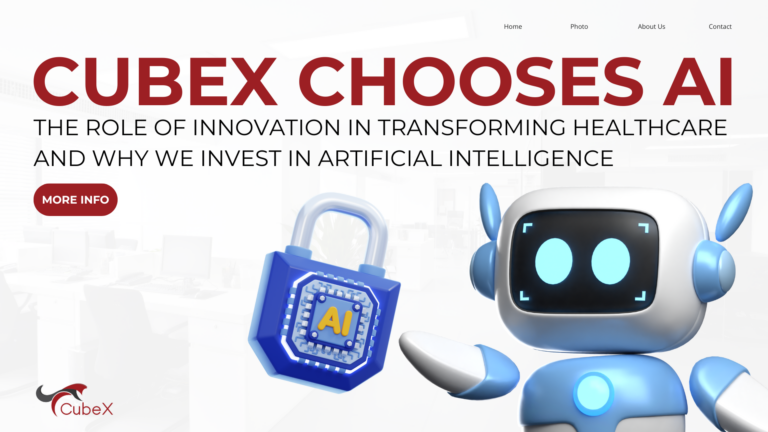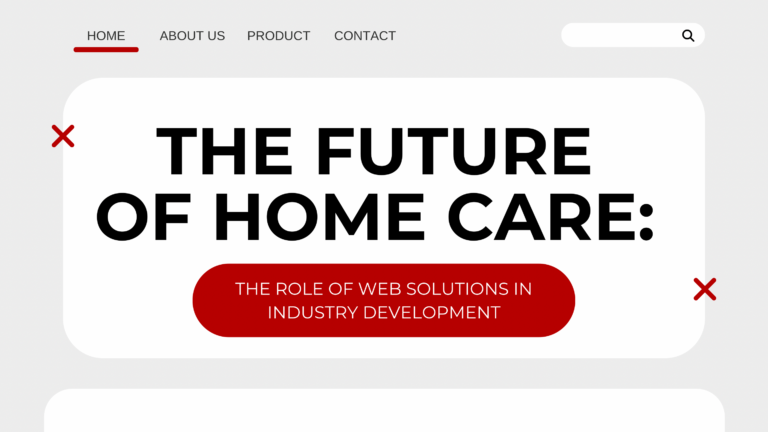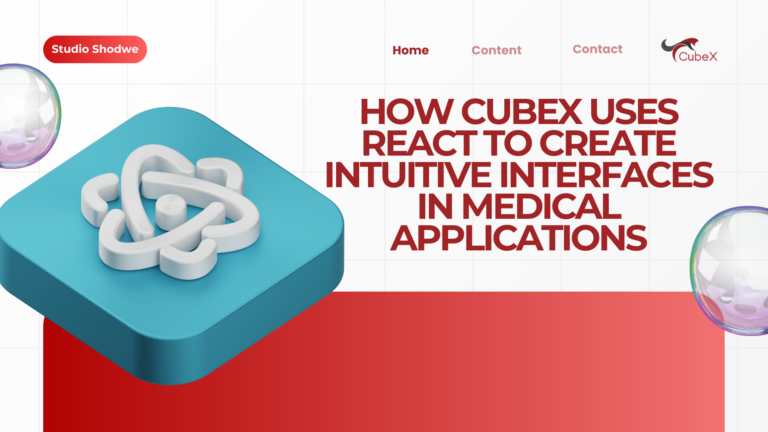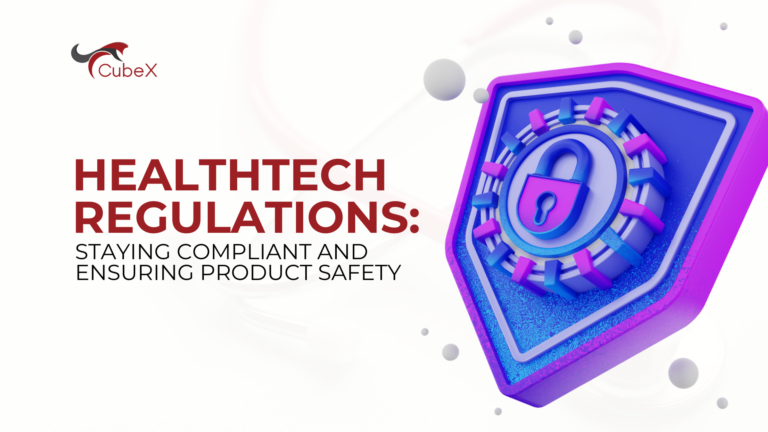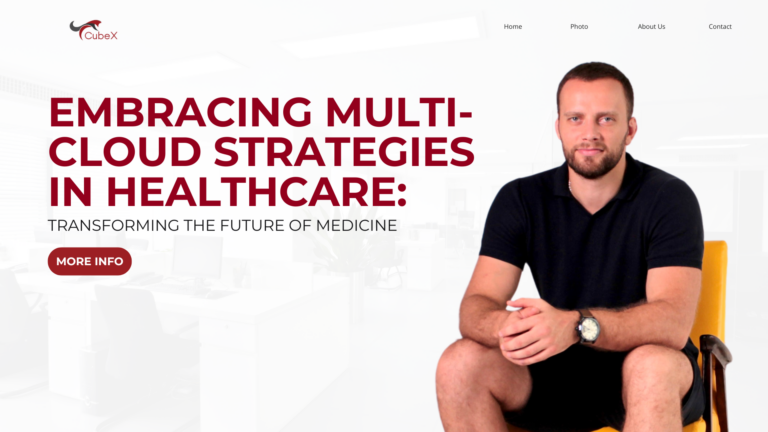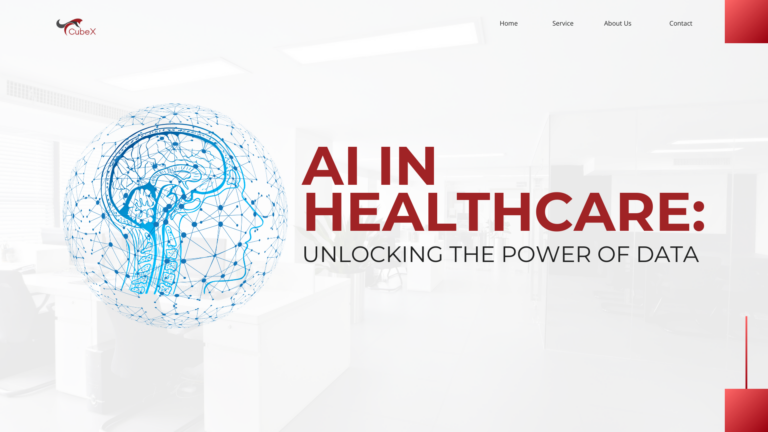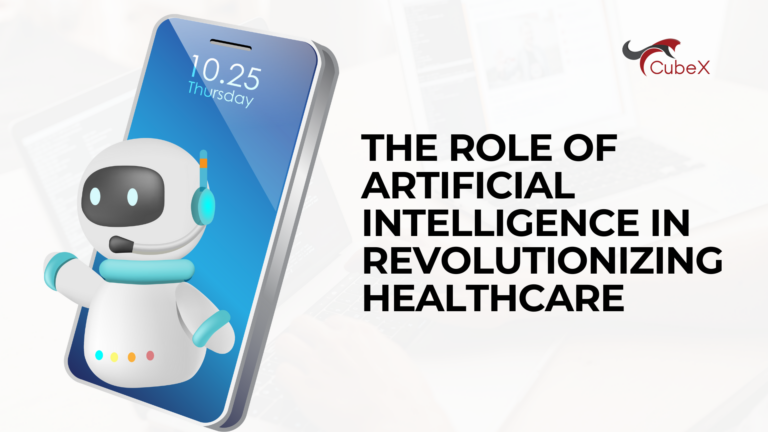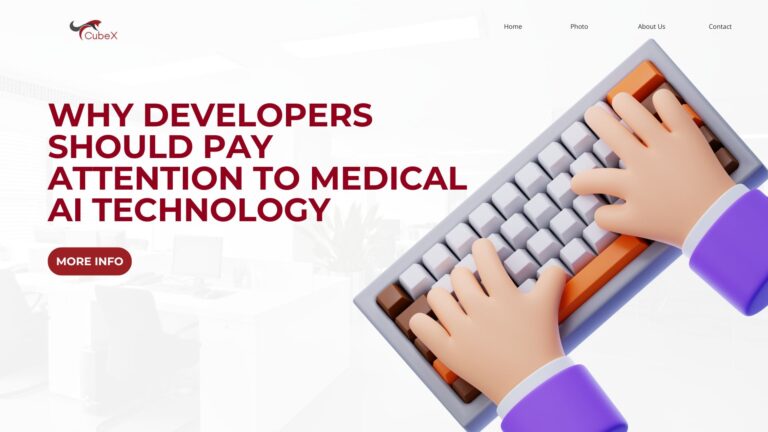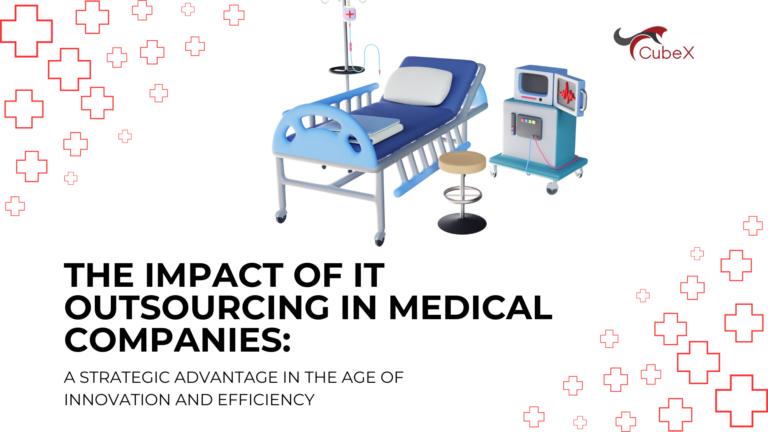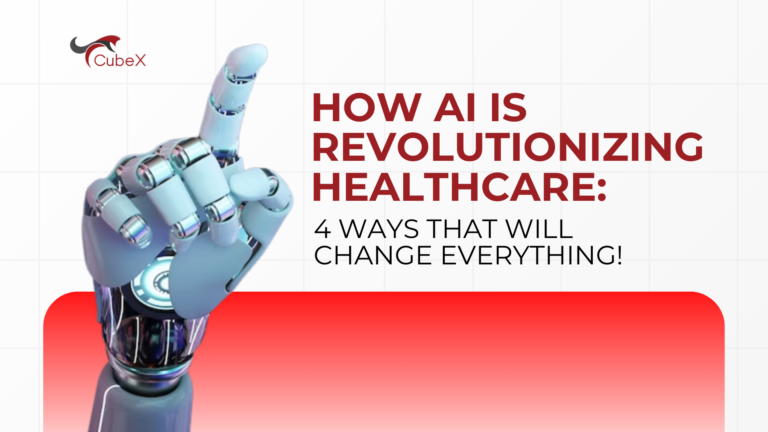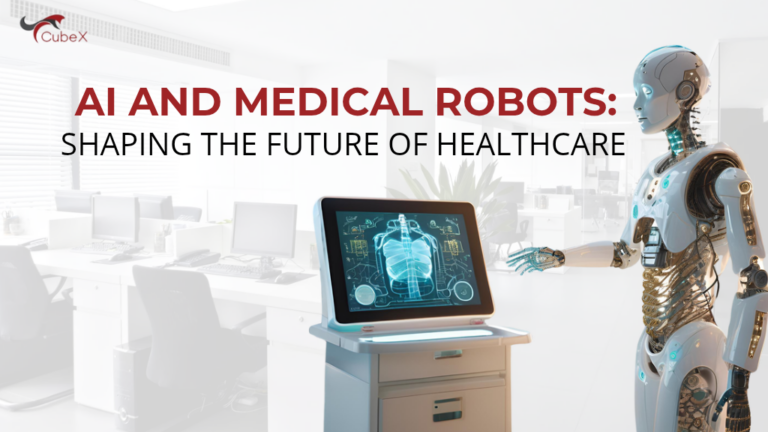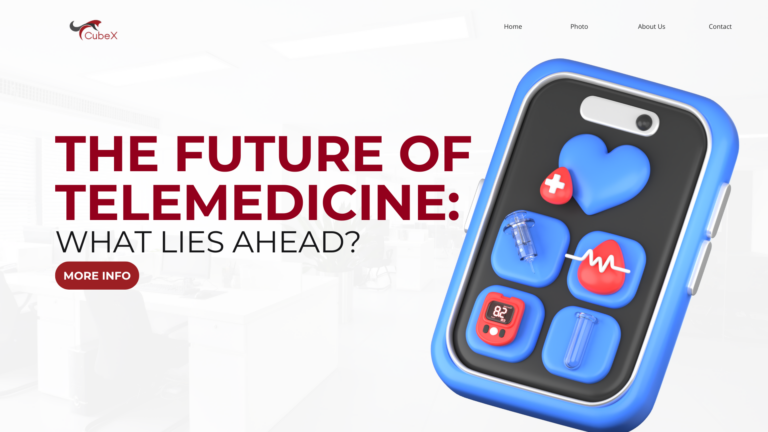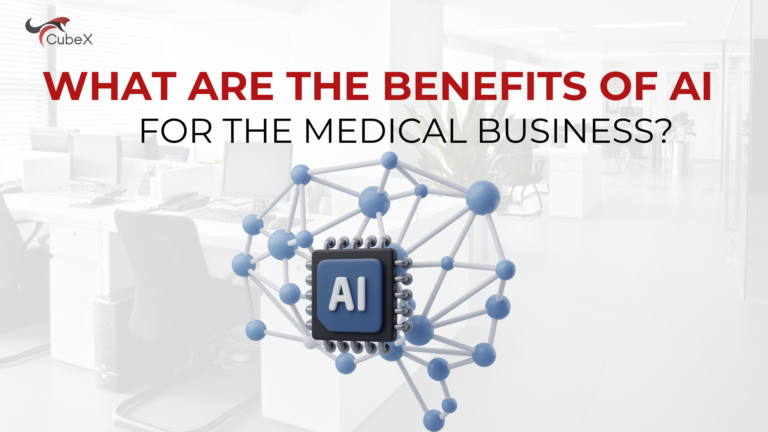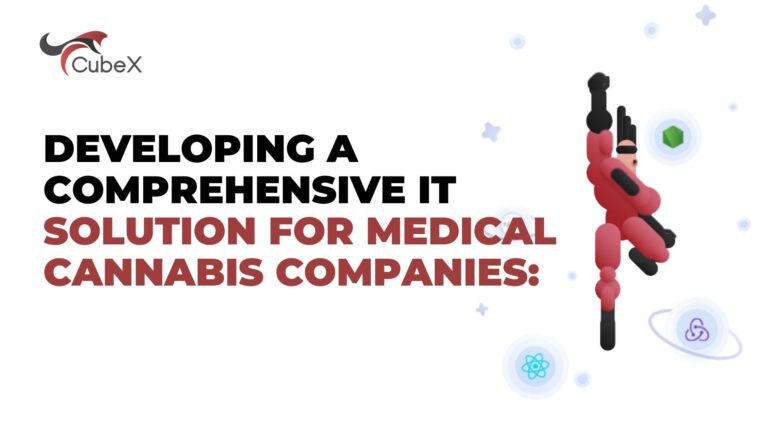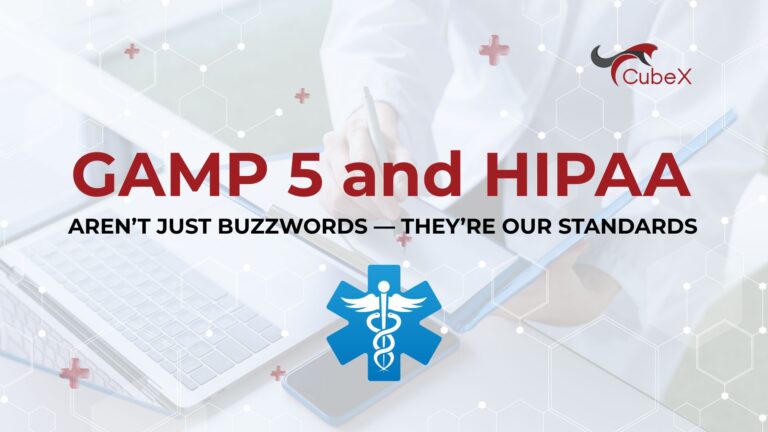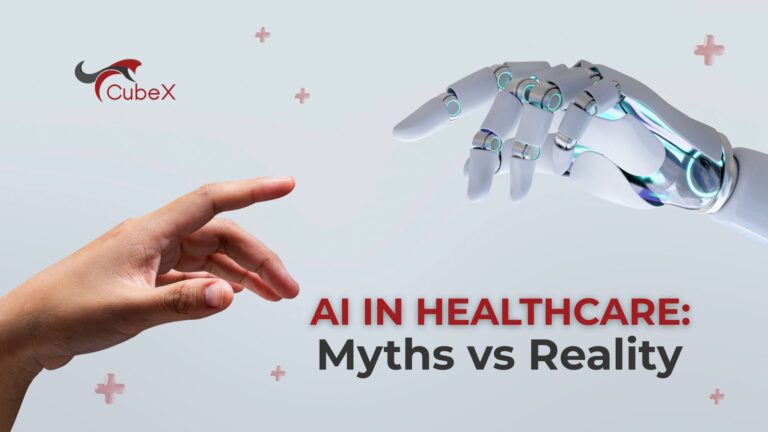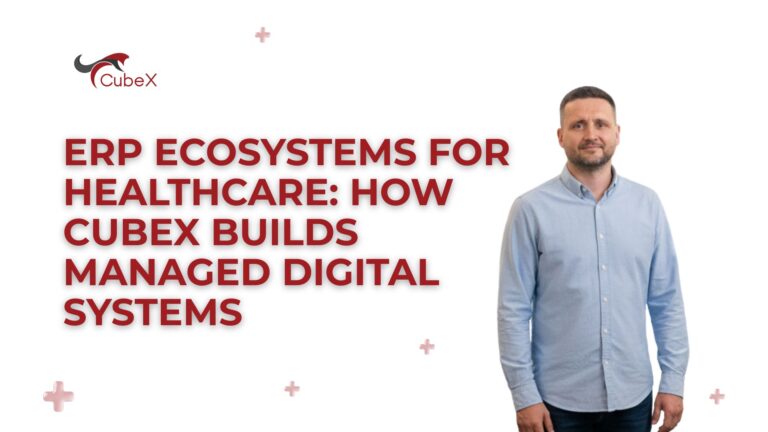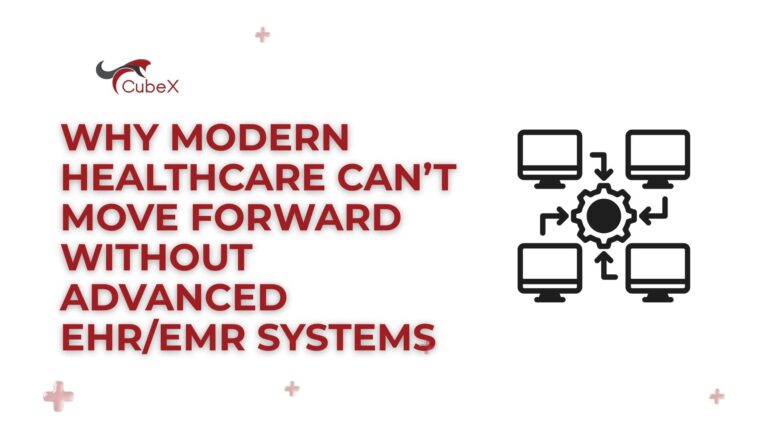What are the benefits of AI for the medical business?
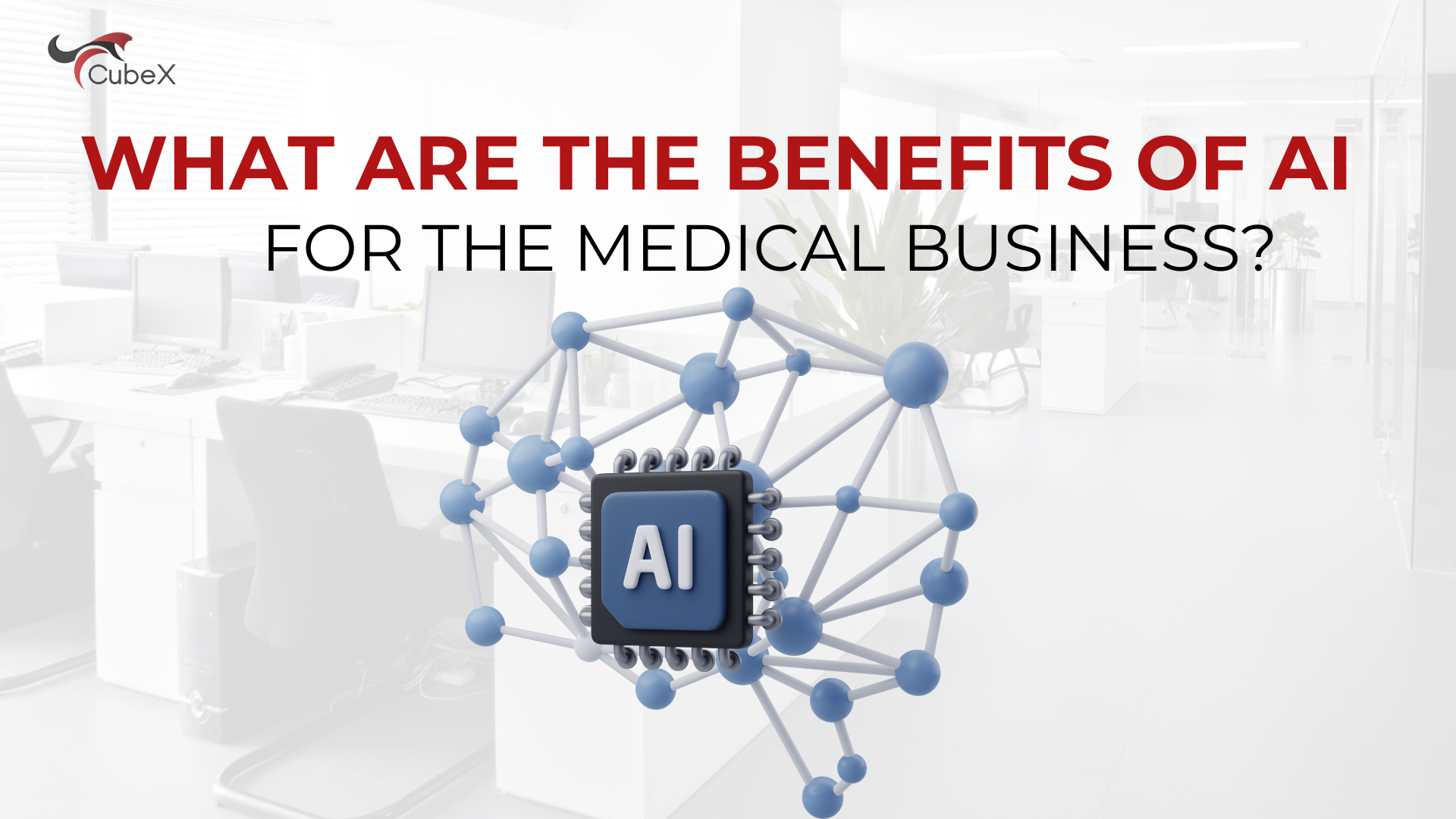
The healthcare industry is undergoing a profound transformation, driven by the power of artificial intelligence. No longer just a futuristic concept, AI is actively reshaping medical businesses—enhancing diagnostics, optimizing operations, and redefining patient care. From automating routine tasks to unlocking new frontiers in precision medicine, its impact is impossible to ignore. Here’s how AI is revolutionizing the medical business today.
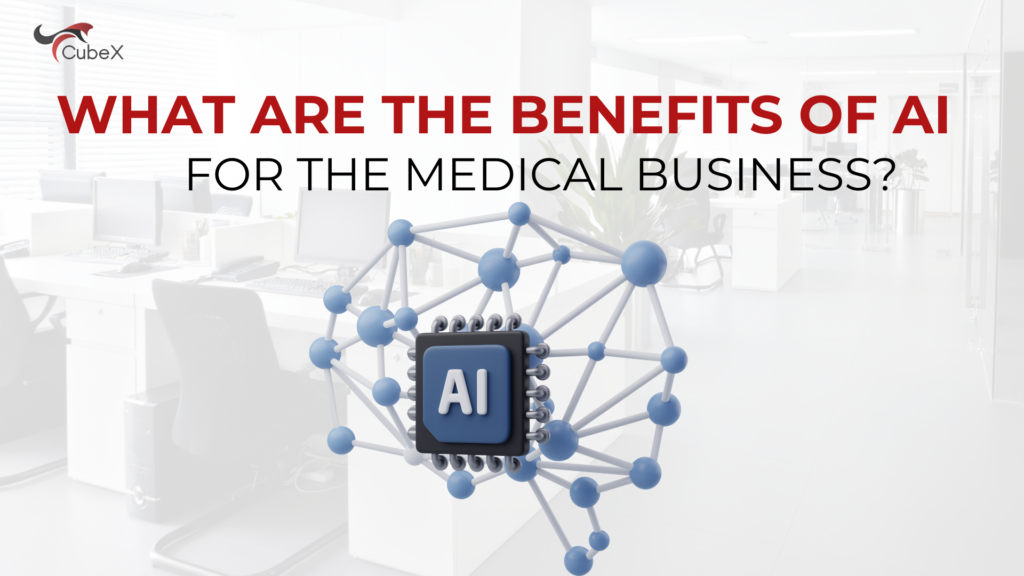
1. Enhanced Diagnostic Accuracy
AI-powered tools, such as machine learning algorithms and deep learning networks, analyze medical images and patient data with remarkable precision. Studies show that AI can improve diagnostic accuracy by up to 30%, reducing human errors. In dentistry and medical laboratories, AI helps detect oral diseases, analyze X-rays, and process lab results faster and more accurately, leading to earlier diagnoses and better patient outcomes.
2. Efficient Administrative Processes
AI reduces the administrative burden on healthcare providers by automating routine tasks such as patient scheduling, medical billing, and documentation. Studies indicate that AI-driven automation can cut administrative costs by up to 30%and reduce documentation time by 40%, allowing medical staff to allocate more time to patient care. Chatbots and virtual assistants handle up to 70% of routine patient inquiries, streamlining interactions and improving overall efficiency.
3. Personalized Treatment Plans
By analyzing vast amounts of patient data, AI helps develop personalized treatment plans tailored to individual patients. AI-driven predictive analytics can recommend the most effective therapies based on a patient’s medical history, genetic profile, and lifestyle, enhancing the quality of care.
4. Cost Reduction and Resource Optimization
AI optimizes resource allocation by predicting patient influx, managing hospital supplies, and reducing unnecessary procedures. Studies show that AI-driven forecasting can reduce patient wait times by 25% and optimize staff scheduling, leading to a 20% increase in workforce efficiency. Additionally, by minimizing diagnostic and administrative errors, AI can cut operational costs by up to 30%, ultimately boosting profitability while improving service quality and patient satisfaction.
5. Remote Patient Monitoring and Telemedicine
AI-powered wearable devices and remote monitoring systems track patients’ vital signs in real-time, enabling early intervention and reducing hospital readmissions. Telemedicine platforms powered by AI facilitate remote consultations, making healthcare more accessible to patients in rural or underserved areas.
7. Enhanced Patient Experience
AI improves patient engagement by providing 24/7 virtual assistance, answering medical queries, and offering health recommendations. This increases patient satisfaction and ensures continuous monitoring and support.
The integration of AI into the medical business is not merely an enhancement but a transformative force reshaping the industry at its core. By improving diagnostic precision, streamlining administrative workflows, and optimizing resource utilization, AI enables healthcare providers to deliver faster, more accurate, and cost-effective care. Studies project that AI-driven innovations could reduce global healthcare expenditures by up to $150 billion annually by 2026, underscoring its financial and operational impact. Moreover, AI accelerates medical research, facilitating drug discovery and personalized treatment plans tailored to individual genetic profiles. As AI technology evolves, its role in predictive analytics, early disease detection, and clinical decision support will become indispensable. For medical businesses, embracing AI is not just a competitive advantage but a fundamental necessity for building a more resilient, accessible, and efficient healthcare system.
Contact Us
Please contact us for any further information








